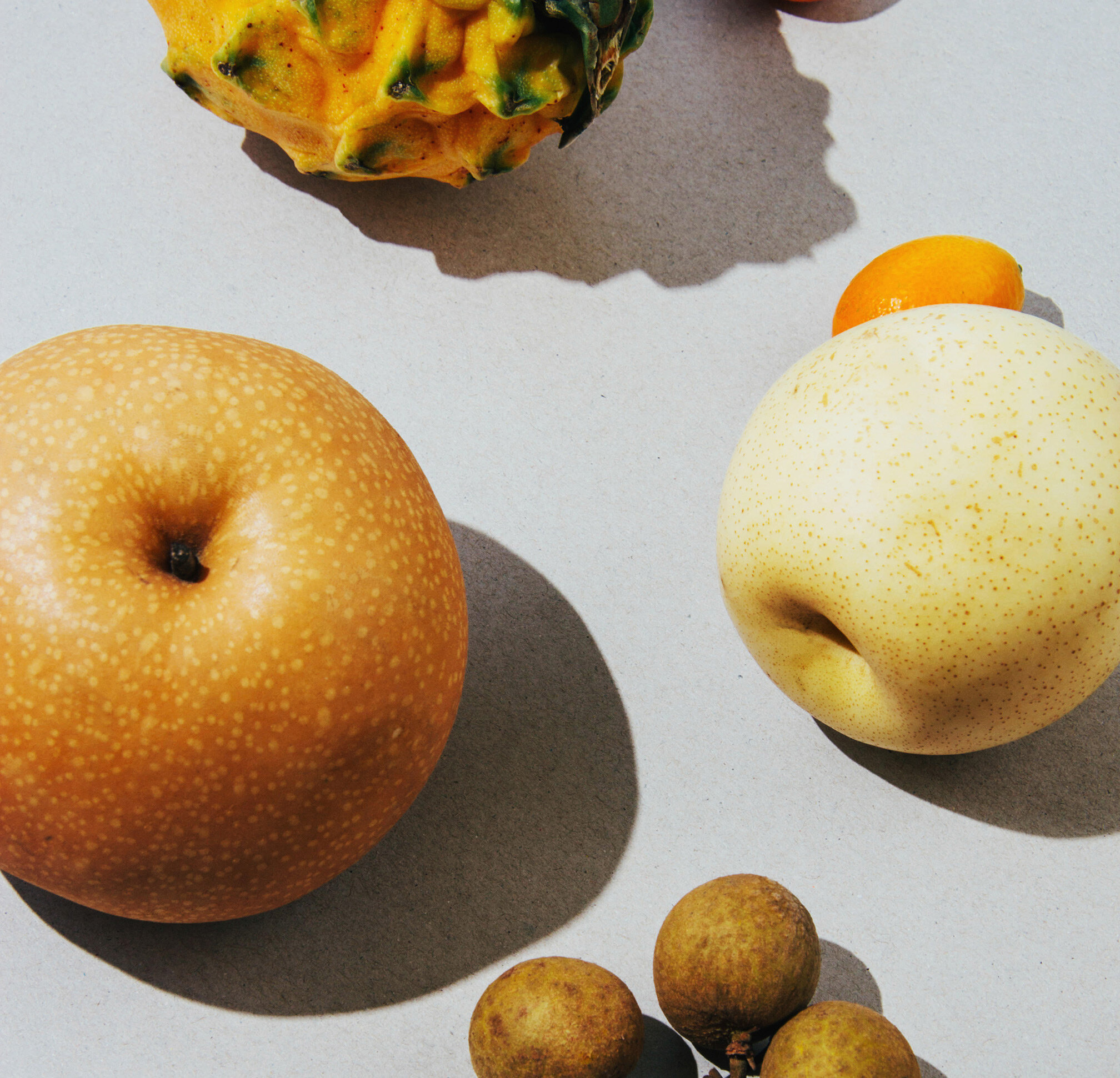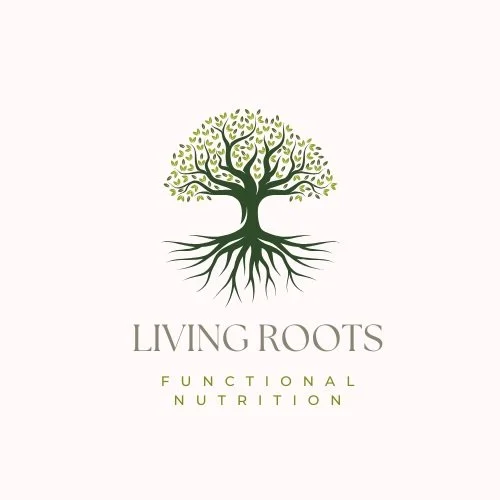
How you’ll feel
You’ll gain confidence in making choices toward overall wellness
BOOK YOUR FREE CONSULTATION
Comprehensive wellness assessment
Personalized nutrition and lifestyle plan to help you reach your goals
Unlimited guidance and support via email
Helpful tools, tips, and tricks for navigating your unique obstacles
FAQs
What is your background? Why should I take advice from you? I am a Certified Functional Nutrtion Counselor and received my credentials through Functional Nutrtion Alliance. My services are designed to support overall wellness through functional nutrition guidance, lifestyle education, and holistic coaching. I do not diagnose, treat, or cure medical conditions. All recommendations are intended for educational purposes only and should not replace professional medical advice, diagnosis, or treatment. With that said I have a passion for learning about the benefits of living a whole-food lifestyle and I love sharing what I’ve learned with others.
What does ‘plant-based’ really mean? Can I still eat meat/dairy? Plant-based means eating a diet that primarily consists of plants which are not processed or at most, minimally processed. A diet that would be considered 100% plant based would not have any meat or dairy, however, eating mostly plants with clean meat and dairy is also a much healthier alternative than the standard American diet. We are all unique and have different nutritional needs.
Is it expensive to switch to a whole food plant-based diet? Compared to the average cost of buying meat on a weekly basis, no, it is not expensive. The key is to shop in season and when it comes to whole grains and dried legumes, buy in the bulk section of the grocery store. During the fall months, I can’t get enough pomegranates and usually buy at least a couple a week. I would not do this during the off season when the cost is three times what I pay in the fall. Buying what is on sale and in season will not only save you money but will give you the variety you need to stick with a plant-based diet and help you ‘eat the rainbow’.
Is it better to take baby steps when switching to a plant-based diet or just completely change my lifestyle immediately? In my experience, slow and steady is much more sustainable and easier on the digestive system while transitioning to foods you might not be used to. As you shop, cut down on the processed packaged foods and fill your pantry with healthier choices such as nuts, seeds and dried fruit. Making gradual changes will help you to not only stay on track but you’ll start to crave the things that are good for you.
Is there a difference between a plant-based diet and whole foods diet? They go hand in hand. A whole food plant-based diet is one that focuses on eating whole, unprocessed or minimally processed plant foods which may include small amounts of meat, fish, eggs and dairy. It doesn’t necessarily mean all animal products should be eliminated, but the goal should be more plants and less processed foods.
What is the difference between plant-based and vegan? While eating a 100% plant-based diet with no animal products is technically considered a vegan diet, vegan does not necessarily mean plant-based. There are many forms of vegan processed foods including candy, non-dairy ice cream, processed veggie burgers, chips and fried foods, just to name a few. Those items might not contain any animal products, but they are also not health promoting, may contain high amounts of processed sugar, seed oils, sodium or artificial ingredients, and therefore would not be considered part of a healthy plant-based diet.
How does one get enough protein on a plant-based diet? One of the most asked questions and biggest concerns for people is will they get enough protein if switching to a plant-based diet. The answer is a resounding YES! According to data taken from the Nurses Study, Researchers at Harvard School of Public Health took a look at the diets of more 130,000 people. The Results? They found that the greater amount of protein consumed from animal sources (especially red and processed meats), the risk of mortality increased. On the opposite side of the spectrum they found that more consumption of plant-based protein was associated with a longer life. Americans, in general, consume much more protein than needed. According to government regulations, women should be consuming an average of 46 grams of protein per day and 56 for men. (Data taken from The Whole Foods Diet, John Mackay, Alona Pulde, MD and Matthew Lederman, MD)
Can I get what I need from the grocery store or do I have to shop at specialty stores? Any regular grocery store that has a produce department, grains such as brown rice and quinoa, beans and legumes would work great.
How can I eat a plant-based diet and work on my blood pressure and lower my cholesterol while adding more immune boosting foods so I don’t have to rely on drugs and antibiotics? I am not able to give any clinical advice when it comes to treating disease, but I can tell you this. Eating a whole food plant based diet while eliminating (or at least greatly reducing), processed foods, meat, and oils, meanwhile, replacing with plant-based foods rich in vitamins, minerals, healthy fats and proteins will have positive benefits when it comes to good health and weight loss.
If I eat the same things as my friend, why does she lose weight and I don’t? Everyone is different when it comes to what’s going on hormonally, how active we are and just the way our bodies metabolize food. I can tell you that switching from high fat, high sugar, highly processed foods to whole foods full of fiber, vitamins, minerals and water (yes water!), will help promote weight loss as your body starts to eliminate more regularly and you are consuming less calories than you are burning.

